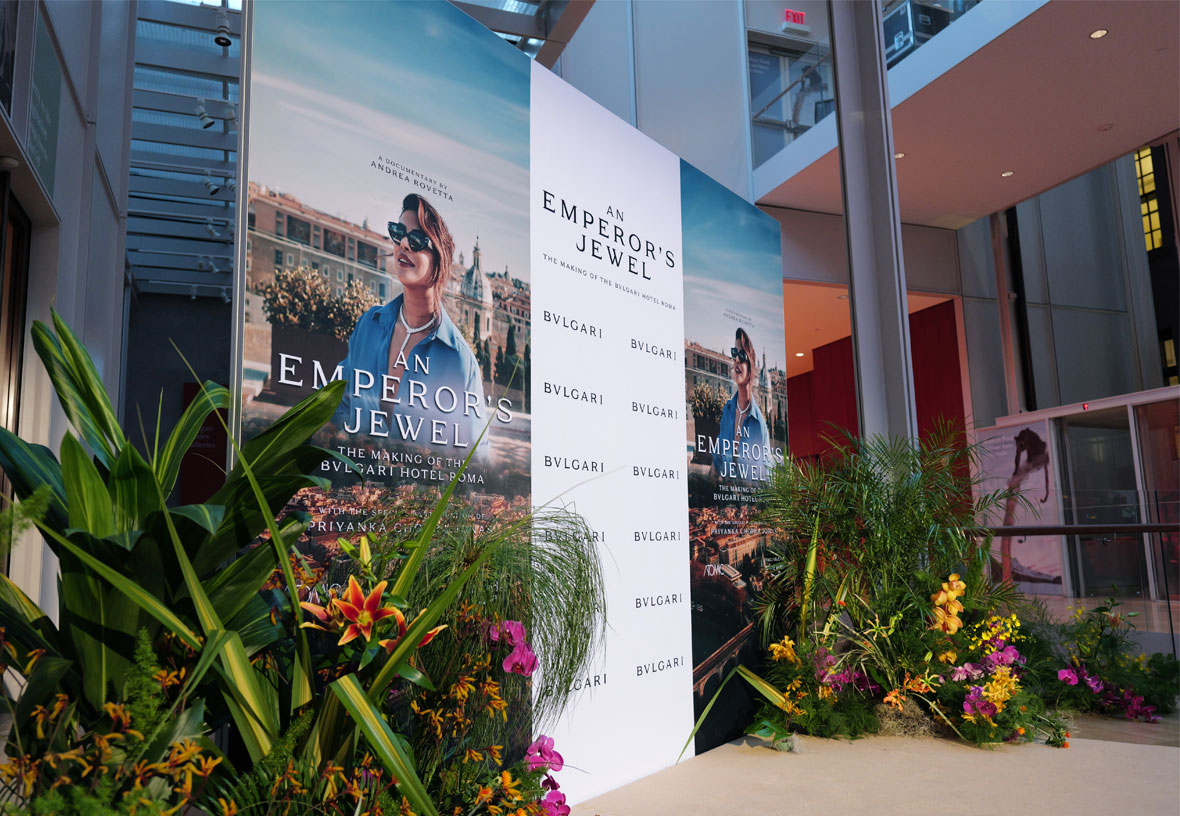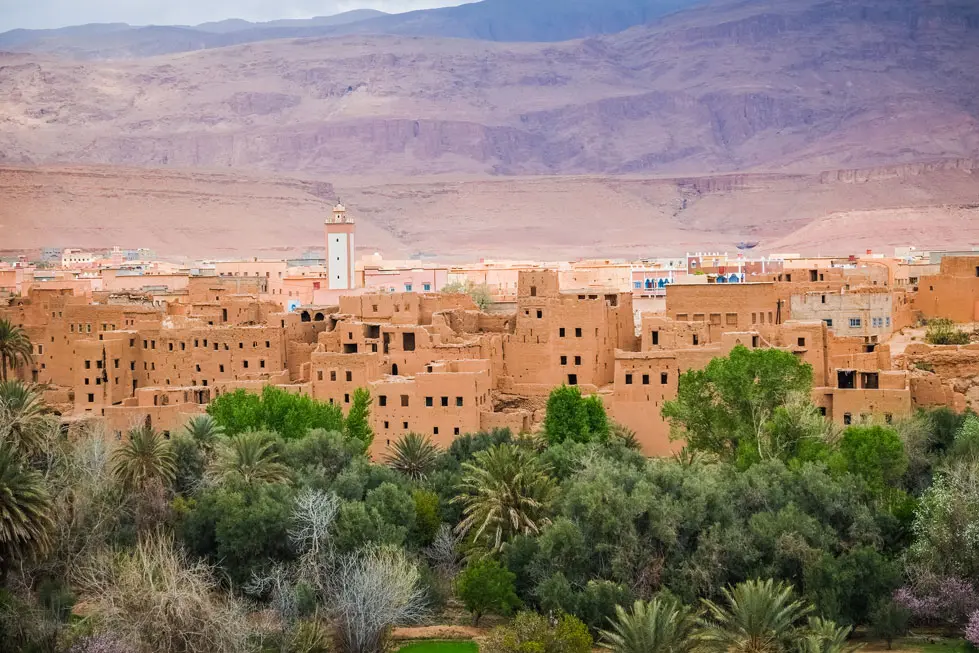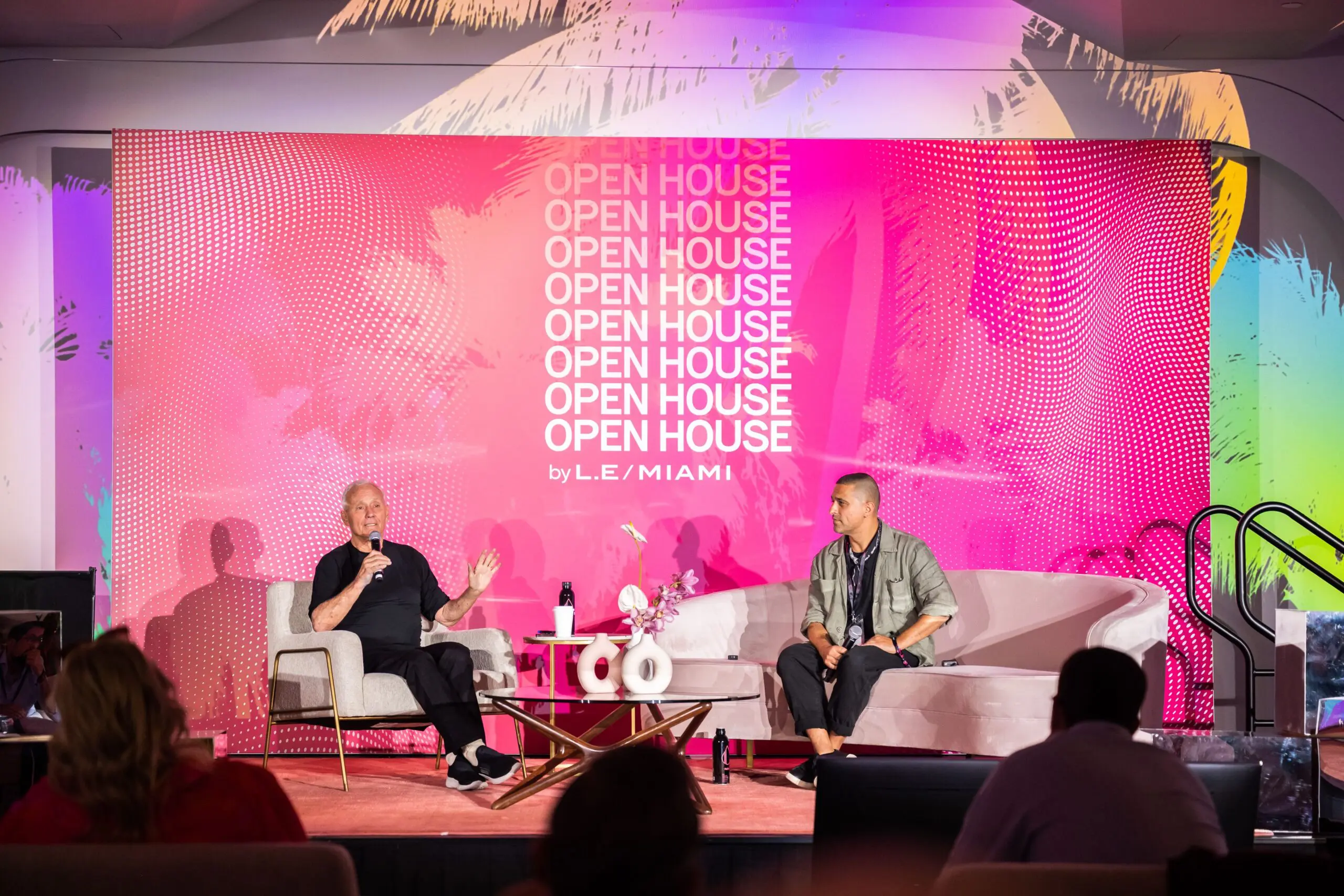We care about your privacy. We attempt to limit our use of cookies to those that help improve our site. By continuing to use this site, you agree to the use of cookies. To learn more about cookies see our Privacy Policy.
What Larry Harvey Brought to the World
Over the weekend Burning Man co-founder Larry Harvey passed away at age 70. The Oregon native moved to San Francisco in 1969, at the height of its own counter culture movement. It was there that his passion for philosophy drew him to a group of like-minded friends, including Jerry James, the other co-founder of the radically different festival.
Created in 1986, Burning Man was originally a gathering of just a dozen or so people on Baker Beach, surrounding the burning silhouette of a man. In a few short years the gathering grew into the hundreds, and in 1990 the event moved to Black Rock City where the Burning Man most people know began. In the ensuing years, Burning Man evolved continuously. The founders formed Black Rock City LLC to manage the event, and Harvey used his role to create a non-profit that funded public arts projects. After safety concerns began to emerge, Harvey implemented formal safety protocols and added security, a move that divided some of the guests that didn’t want their idealized weekend softened. In recent years, Burning Man has grown alongside the rise of festival culture, and the increasing demand for experiential based events. The burning effigy has become iconic, with off-shoots cropping up from regular ‘Burners,’ photo books detailing the untethered and sometimes hedonistic experience, and there was even a parody of it in an episode of The Simpsons, perhaps the greatest homage.
The festival people know today exists largely in part because of the values Harvey imbued into it. Burners will be familiar with the 10 Principles, that emphasized inclusion, decommodification, self-expression, and civic responsibility. That has manifested in the zany costumes, the bartering system, and the hippie-esque ethos most people associate with the festival, but Harvey also wanted those values to transcend the one weekend. In recent years the festival has also faced questions of commercialization, with a close association with Silicon Valley, the popularity among the wealthy, and the inevitable influx of Instagrammers. But the core tenets of the festival have remained the same; with ‘Radical Inclusiveness’ Harvey always allowed the festival to take it’s natural course, and once people get to the desert they surrender themselves to the vision of its founders. Those ideals defined Harvey more than the festival itself, and with the community Harvey built, they’ll continue to exist in his spirit.
Share this Story
More Culture
Bulgari Hotels Screens “An Emperor’s Jewel – The Making of The Bvlgari Hotel Roma” in NYC
Hoteliers, artists, designers, and media came together for a special screening of "An Emperor’s Jewel – The Making of The Bvlgari Hotel Roma” at the exquisite Morgan Library in New York City
tell me more ›“Becoming Familiar” Is The Experience To See and Touch at Design Miami 2023
LA Based Raise the Moral Studio Sensory Art Objects Win Best Curio Presentation at Design Miami 2023
tell me more ›Helping Hands for Morocco
How to support from afar those making a difference on the ground
tell me more ›Ian Schrager & AHL Founder Ben Pundole Open 10th Annual L.E. Miami
The legendary hospitality impresario in conversation with his long time magic maker (and A Hotel Life founder) on the past, present and future of hotels
tell me more ›




